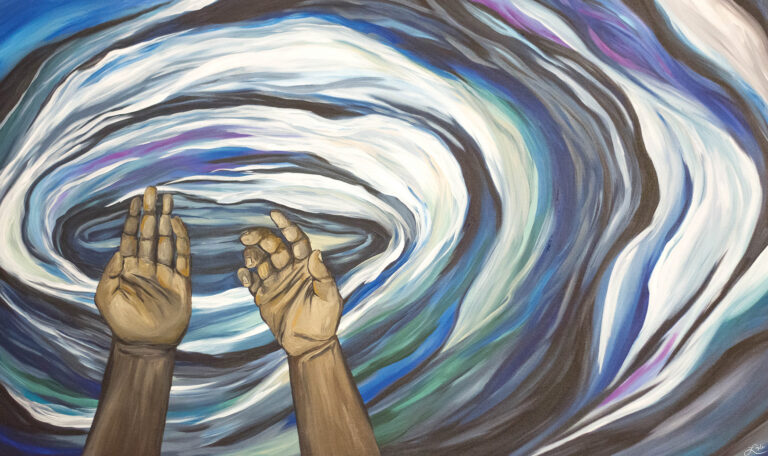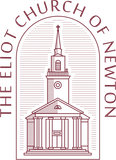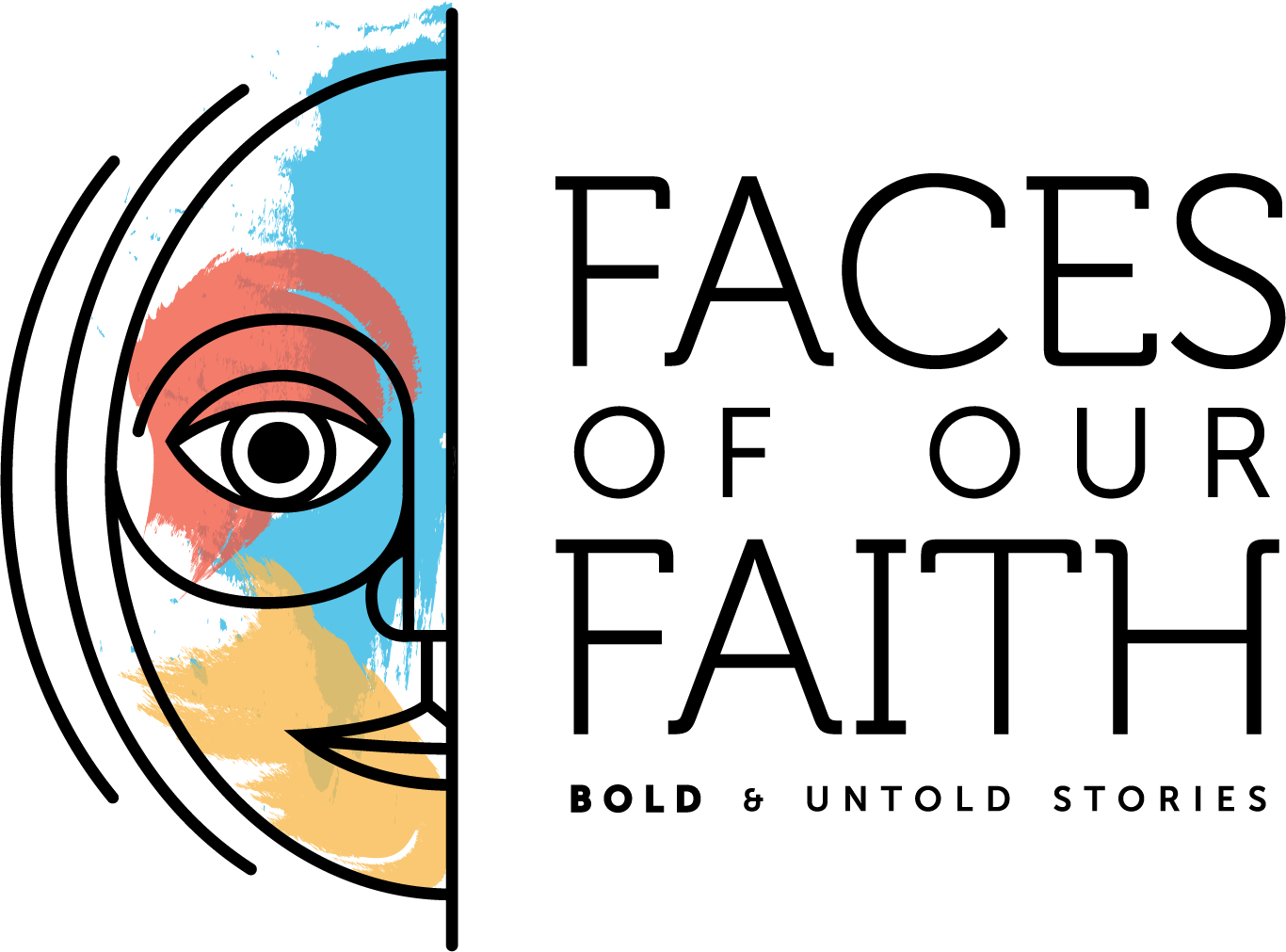
At the beginning of the famous Exodus story, two highly regarded women, Shiphrah and Puah, were tasked with the important rule of Pharaoh. You ask why I know that they were highly regarded. First of all, they appear by their names – which doesn’t usually happen for women in the Bible unless they were highly regarded. Second, they were ordered by Pharao. The story describes them as Hebrew women. It is likely that they weren’t Hebrews themselves but rather midwives serving the Hebrews. And they are described as God-revering.
It is a midwife’s job to give life. Indeed, they literally carry out someone who was being born into the world. Now, Shiphrah and Puah received an order from the Pharaoh to kill any newborn male by drowning them into the river. What Pharao asked them to do is not just to ignore their job or anything like that. Instead, Pharao asked them to do the opposite of what their job is supposed to do. Instead of giving life, they were tasked to take life. Pharao asked them to be complacent to enact a genocide that would forcefully reduce and oppress the growth of the Israelite civilization. Today, we kind of have the same problem – just in reverse: People are forced to carry children even though they cannot care for them – for many reasons – financially, emotionally, and physically. In any case, the decision to raise or not to raise a child is being taken away from someone.
Rules are rules. I am thinking a lot about what that means. Why do we have them? What are their purpose? Do we just have rules, bylaws, etc. so we can say we have them? Are they just means by which we confine ourselves in society? Some rules and laws indeed seem like they have the purpose of just making us suffer emotionally, physically, or financially. Some tax laws passed in recent years certainly make me think of their existence. Abortion laws make me think of that. WOKE acts make me think of that. And yes, Pharao’s rule makes me think of that.
We have rules because they provide us with guidelines and help us uphold specific values. Just like God provides the Israelites with certain rules – like “You shall not murder” to provide a certain way of life together. Rules safeguard the proper running of a peaceful and thriving society. Rules become laws – usually for the benefit of the greater good. But what if the rules make you complacent to do something that is against your values – or God’s values? What if the rules only oppress or persecute? What if the rules are being twisted so they fit into the grand scheme of individuals?
Shiphrah and Puah are two faces of faith. These two women are to individuals that decided not to act. Their decision is still an action. They purposefully decided to disengage from Pharao’s rules. Their decision was an act of choosing God and faith over the demands of society. In doing so, they saved lives. Their disobedience was an act of divine midwifery: Fearful of God, they did not fear Pharao and thus helped prevent the inevitable extinction of the Israelite people – our ancestors in faith. Similarly, people like Oscar Schindler in World War II or other people whose names we do not know who quietly disobeyed to do God’s work in the world. Yes, it is God’s work because such work, such courage, needs a deep faith that what one does ultimately will prevail over the good. Last year, our conference minister, Darrell Goodwin, offered a safe place in his home for anyone who would need to get an abortion out of state in CT. “No questions asked”, Goodwin said.
Being an agent of God sometimes means doing the quiet work of disobedience to guarantee that God’s work is being done in the world.


